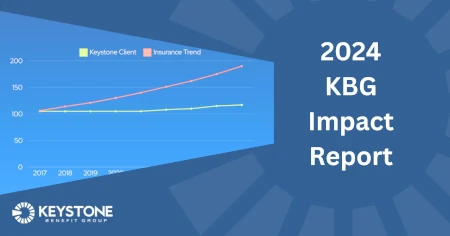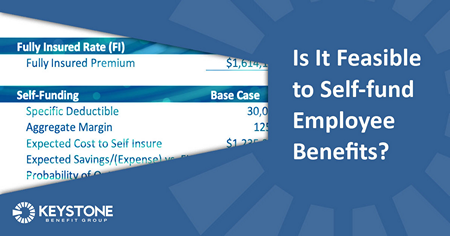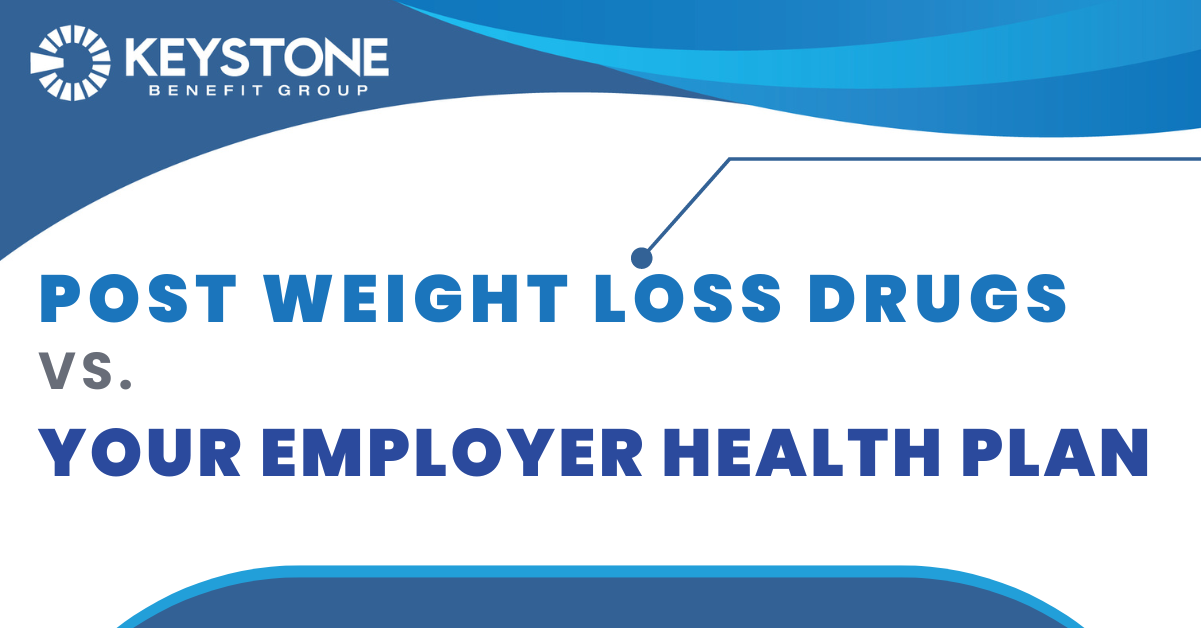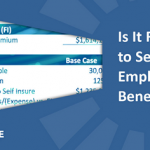Post Weight Loss Drugs vs. Your Employer Health Plan
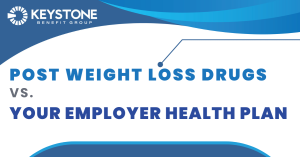
How should your company’s health plan respond to the rise in medications that are effective and being prescribed for weight loss?
The number of conversations we are having with our HR business partners about health plan coverage for Ozempic, Mounjaro, and Wagovy for weight loss is staggering. 12-months ago these medications weren’t even on my radar nor on my Top 10 most expensive drug cost reporting.
Almost overnight these medications are in my client’s Top 10 most expensive medications by script cost being prescribed. Mounjaro being new to the list is understandable, as it was just FDA-approved for use in May 2022. But Ozempic has been approved since December 2017.
As of now, only Wagovy is FDA-approved for weight loss. So, kind of a head-scratcher that Ozempic and Mounjaro are now the medications of choice for those with diabetes only after showing effectiveness for weight loss?
I don’t think this is a fad that will go away, especially with weight management companies like WeightWatchers buying telehealth companies that prescribe these medications. Check out this article.
Here is my take on where the different players in employer health plans sit on this topic:
- Employees and their family members want these medications because they are effective in helping them lose weight, especially when so many struggle to be successful with diet and exercise. A truly American Problem!
- HR wants to say yes because they like to support employees and recognize that weight loss has advantages. They struggle with the cost of these medications, the impact they will have on their healthcare spend, and how it might impact their future renewals.
- CFO’s and those who own the PNL see value in weight loss but the price tag of these medications ranging between $900 – $1,100 per month is not something they want to hit their budgets.
Here are some questions employers need to answer on this topic:
- Should our plan pay for weight loss?
- If we pay for weight loss, should we require step therapy before we let employees who are not diabetics get these medications only after step therapy? That is after they have tried diet and exercise. This would be similar to requiring someone to try physical therapy before approving surgery.
- If you choose not to cover, what processes should you put in place with your insurance company and pharmacy benefit manager (PBM) to ensure only those with diabetes are getting access to this medication?
I would love to hear your feedback and how you are handling this emerging trend in healthcare! We are here to help with all your employee benefit questions, please contact us anytime, our experts are ready to talk.

